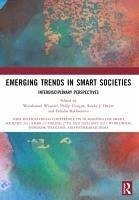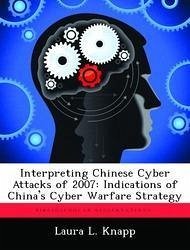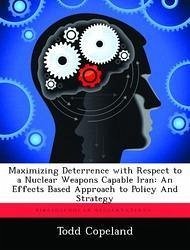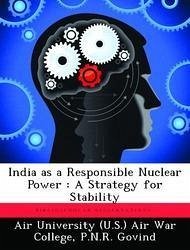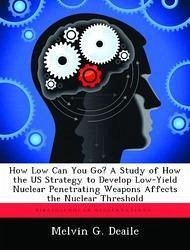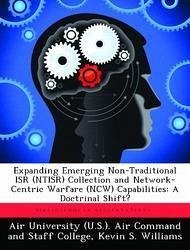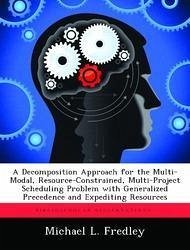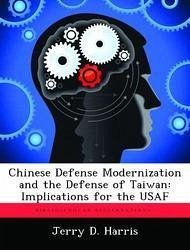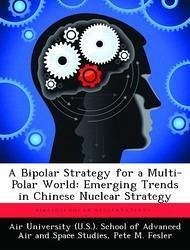
A Bipolar Strategy for a Multi-Polar World: Emerging Trends in Chinese Nuclear Strategy
Versandkostenfrei!
Versandfertig in über 4 Wochen
53,99 €
inkl. MwSt.

PAYBACK Punkte
27 °P sammeln!
According to official public statements, China's nuclear arsenal exists solely to deter nuclear attacks. There are, however, growing indicators that Beijing sees broader utility in these powerful weapons. Behind the scenes debates, internally circulated publications, a puzzling array of delivery systems, and the positioning of nuclear forces in the vicinity of non-nuclear states suggests a strategy aimed at more than simply deterring nuclear attacks. This thesis attempts to cut through the veil of secrecy and ambiguity that surrounds China's nuclear policy to determine the true nature of Beiji...
According to official public statements, China's nuclear arsenal exists solely to deter nuclear attacks. There are, however, growing indicators that Beijing sees broader utility in these powerful weapons. Behind the scenes debates, internally circulated publications, a puzzling array of delivery systems, and the positioning of nuclear forces in the vicinity of non-nuclear states suggests a strategy aimed at more than simply deterring nuclear attacks. This thesis attempts to cut through the veil of secrecy and ambiguity that surrounds China's nuclear policy to determine the true nature of Beijing's nuclear posture. By examining key indicators of nuclear strategy, including equipment, targeting, communication, and nuclear stated thresholds, it shows that, with respect to the United States and Russia, China maintains a minimum deterrent posture aimed solely at deterring a nuclear attack. This is consistent with its official position. With respect to potential regional adversaries however, including deployed US conventional forces, China appears to have opted for a war-fighting strategy aimed at deterring both nuclear and conventional war. This is a significant departure from Beijing's official position, and represents a shift from China's long-standing minimum deterrent posture. This thesis concludes by recommending several measures that Washington should take in light of the shift in Chinese strategy. These measures include a renewed effort to dissuade Taiwan from making overt moves toward independence, a continued demonstration of willingness to oppose Chinese attempts at forcible reunification, the dispersal and hardening of key facilities in the region, and a reiteration of the overwhelming American response to a nuclear attack the US, its allies, or American deployed forces.



